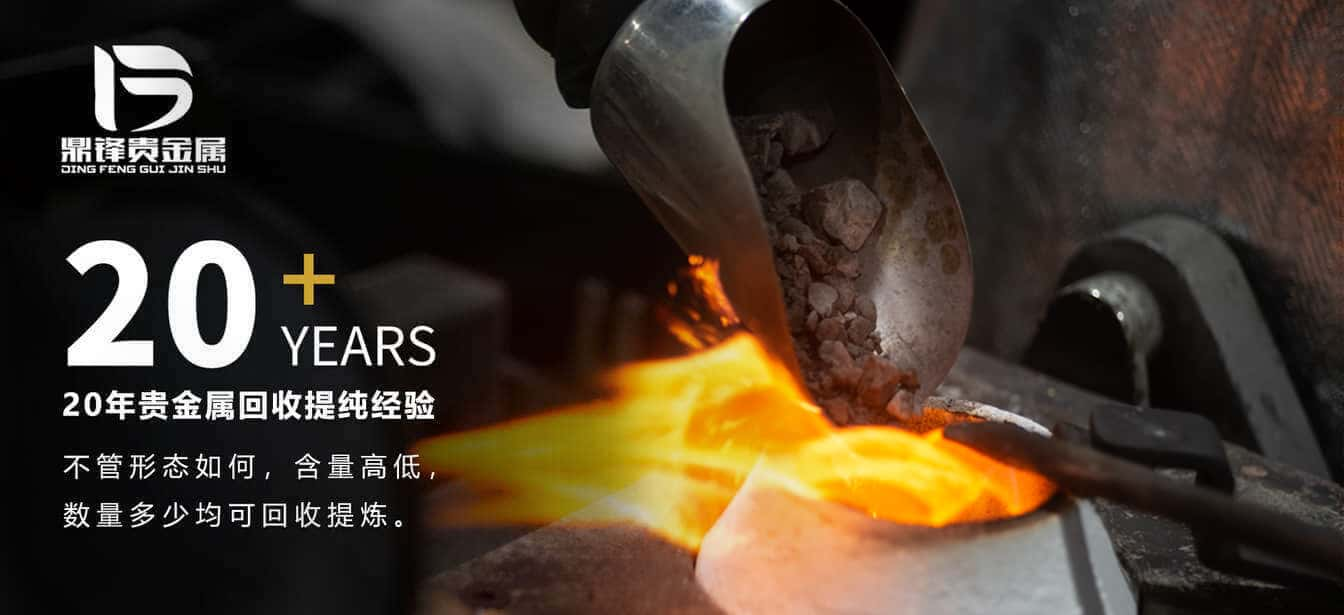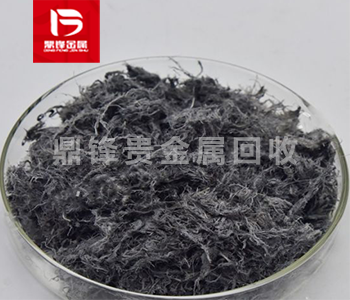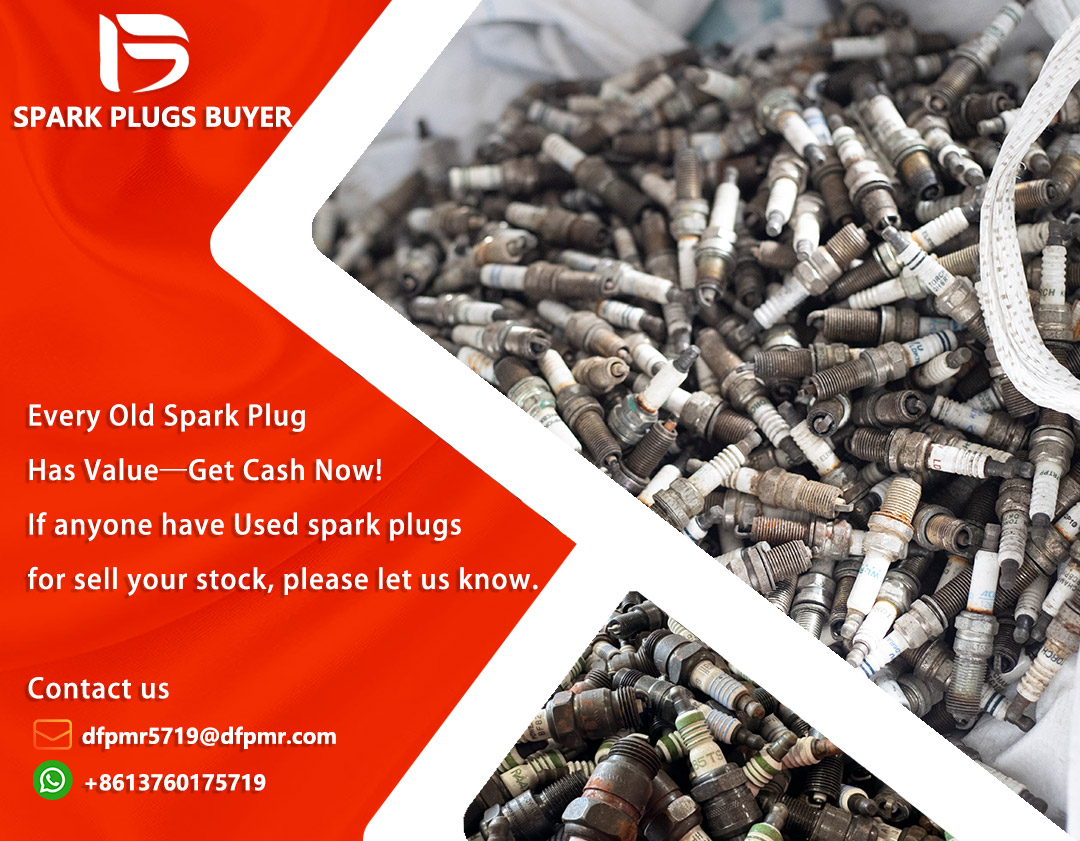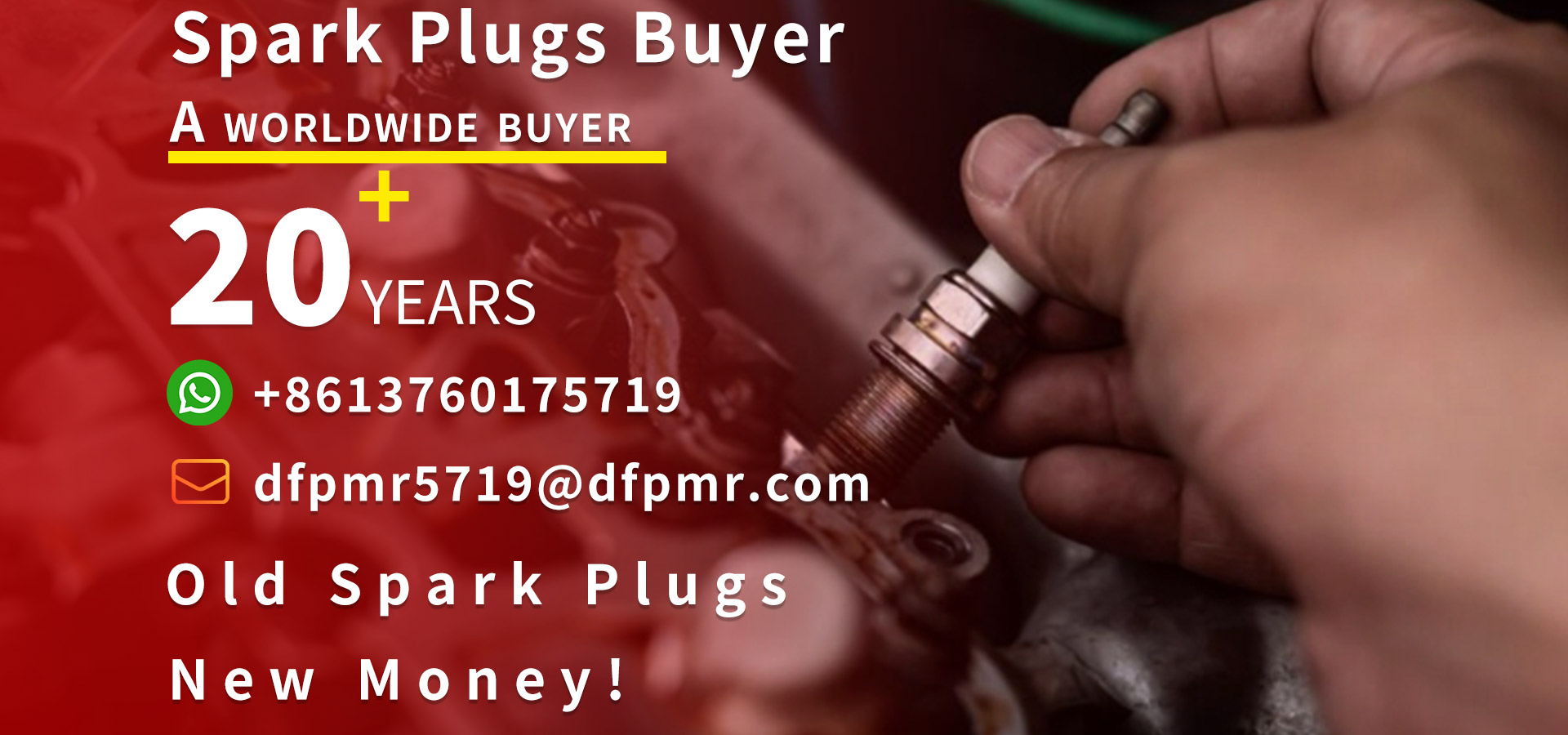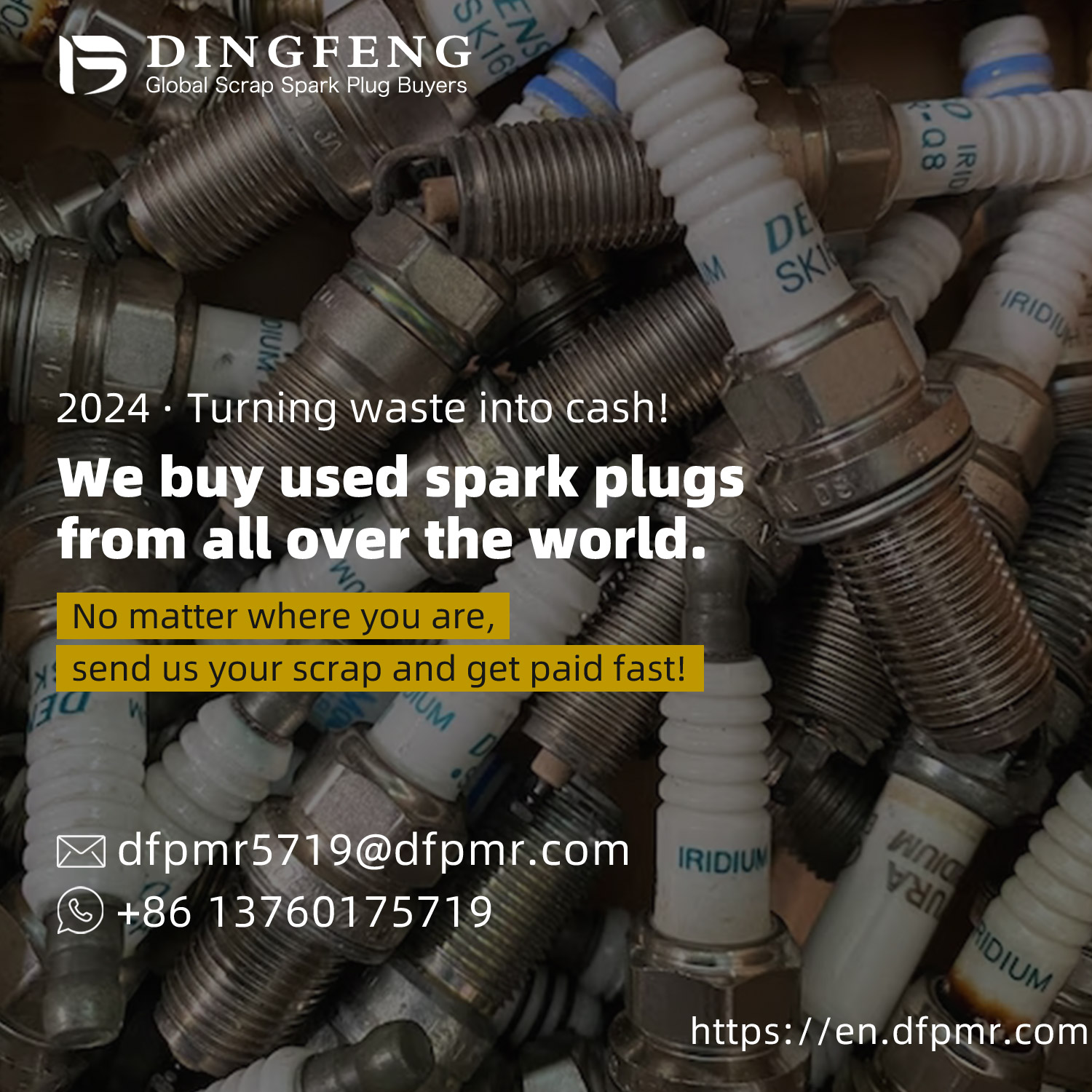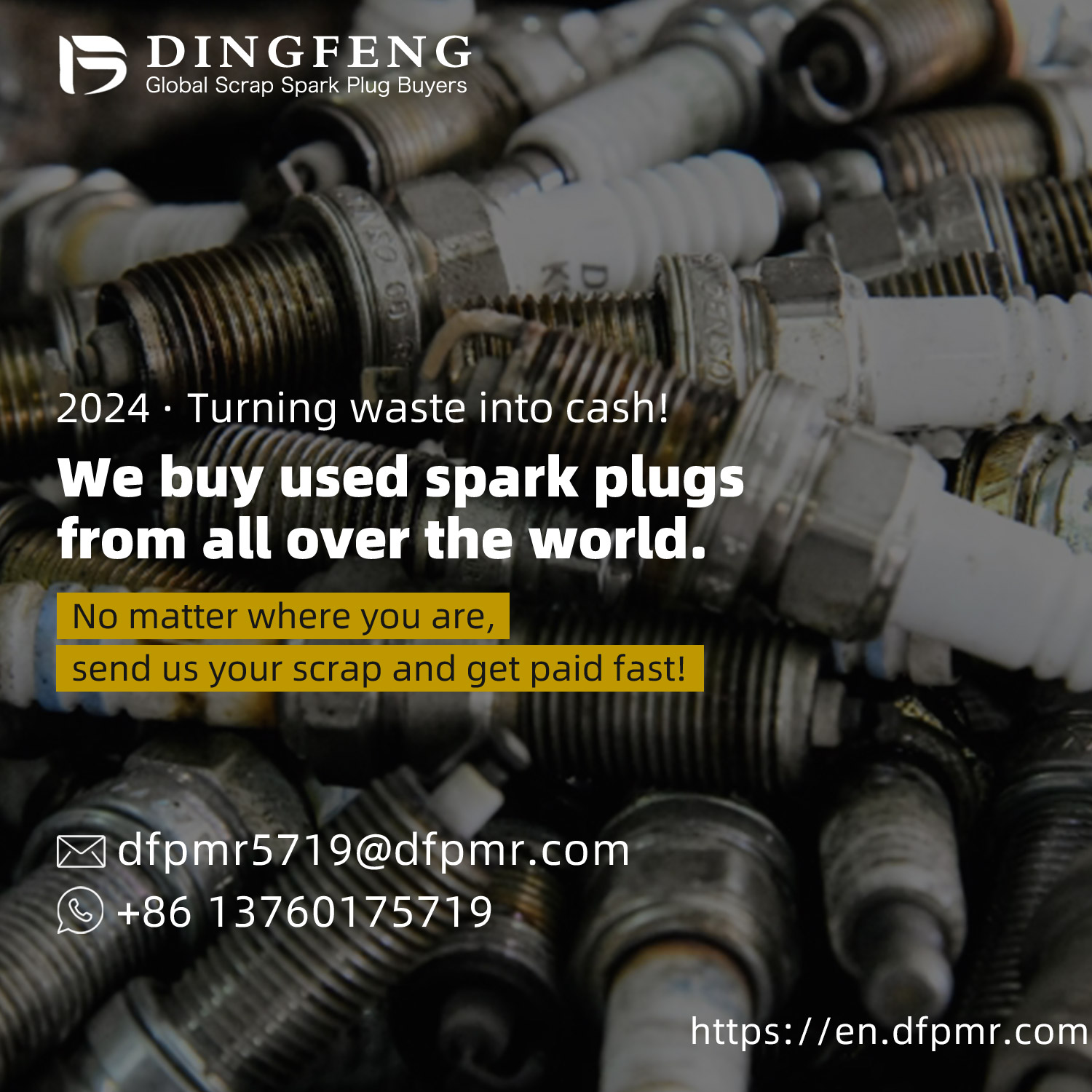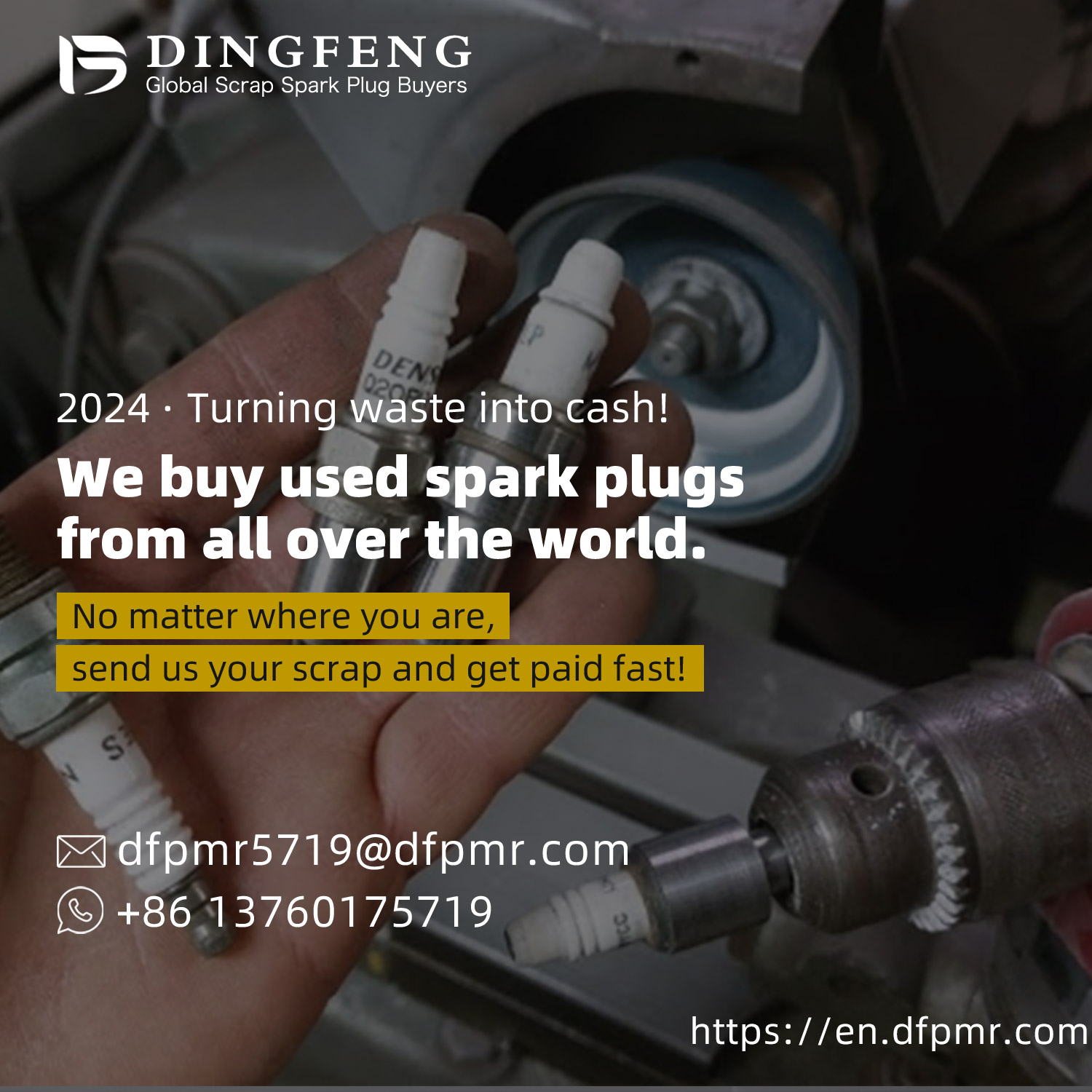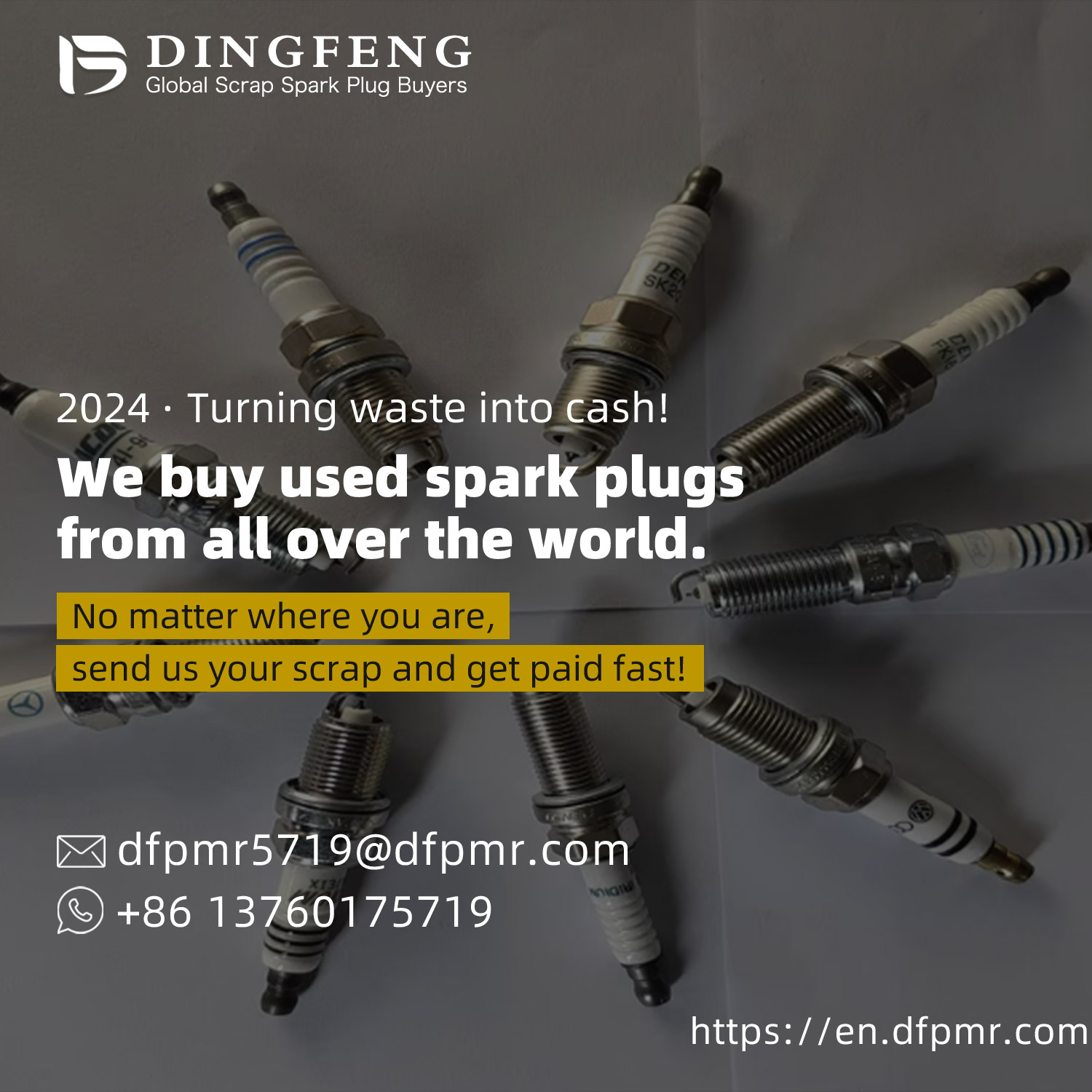Conductive silver slurry recovery_ What is the recycling price of conductive silver paste
Conductive silver paste is an important component in the manufacturing of electronic devices from semiconductors to solar cells. However, the production and treatment of this material can have signifi
Conductive silver paste is an important component in the manufacturing of electronic devices from semiconductors to solar cells. However, the production and treatment of this material can have significant environmental and economic consequences. Recycling conductive silver slurry has become an increasing concern in the electronics industry as it can reduce manufacturing costs and minimize waste. Recycling conductive silver slurry is a complex process that requires separating silver from other materials such as glass or copper. The reuse of silver slurry requires some considerations, such as purity, particle size, viscosity, and conductivity. Therefore, the recycling process must be precise to ensure that the recovered silver slurry meets the quality standards required by the electronics industry.
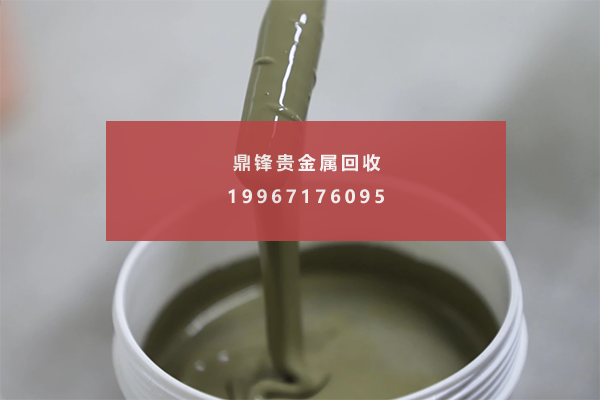
The price of recycled conductive silver slurry depends on several factors, including silver purity, particle size, and product demand. Usually, the cost of recycled conductive silver slurry is lower than that of newly manufactured slurry because the cost of recovering silver is lower than the cost of extracting and refining silver from Earth. The price ranges from a few dollars per gram to a few hundred dollars per kilogram, depending on the quality and quantity of the product. The purity of recycled conductive silver slurry is a key factor determining its price. The electronic industry has a high demand for high-purity silver paste, especially for applications that require high conductivity and low resistance. The purity of recovered silver slurry can vary depending on the quality of the raw materials and the recycling process used. Therefore, high-purity silver slurry is more expensive than low-purity silver slurry.
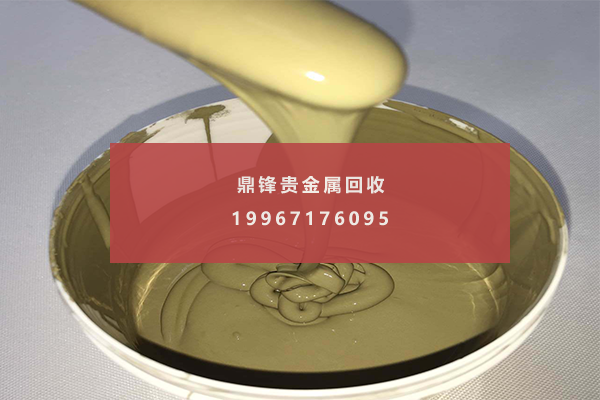
The particle size of the recycled conductive silver slurry also plays a role in determining its price. The smaller the particle size, the higher the conductivity of the silver paste. Smaller particle sizes allow for greater contact between silver particles, resulting in higher conductivity. Therefore, recycled conductive silver slurry with smaller particle sizes can be more expensive than silver slurry with larger particle sizes. Viscosity is another factor that determines the price of recycled conductive silver paste. The viscosity of the paste affects the ease of processing and the consistency of the final product. Pastes with higher viscosity may be more challenging and may require additional processing steps to achieve the desired consistency. Therefore, recycled conductive silver paste with lower viscosity may result in higher prices due to its ease of use. The demand for recycled conductive silver paste is also a key factor determining its price. With the continuous growth of the electronics industry, the demand for conductive silver paste is also increasing. As more companies focus on sustainability and environmental responsibility, the demand for recycled silver slurry is expected to increase. In addition, compared to newly manufactured silver paste, the cost advantage of using recycled silver paste may increase the demand for recycled products, leading to price increases.
Recycling conductive silver slurry is crucial for reducing waste and reducing the environmental impact of the electronics industry. As the electronics industry continues to focus on sustainability and environmental responsibility, the demand for recycled conductive silver paste may increase, making it a valuable and essential commodity in the electronics manufacturing industry.
&Quot; Dingfeng Precious Metals Recycling includes precious metals such as gold, silver, palladium, rhodium, platinum, germanium, iridium, ruthenium, etc. This is our business in precious metal recycling. If you have precious metals such as gold, silver, palladium, rhodium, platinum, germanium, iridium, ruthenium that need to be recycled, please contact us and we will provide you with a satisfactory price& Quot;
